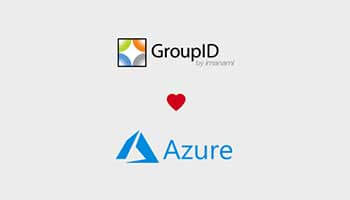4 Reasons Why MFA Should Be a Requirement for IT Tasks
In a world that has turned uncertain, the world of data security remains constant. The COVID-19 virus is wreaking havoc on the service industry, entertainment businesses, and the stock market. Still, many businesses have the flexibility to remain open despite closing their physical doors. As businesses remain open, attackers will continue to find ways to exploit them.…










